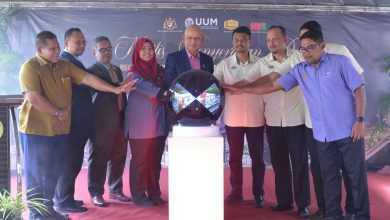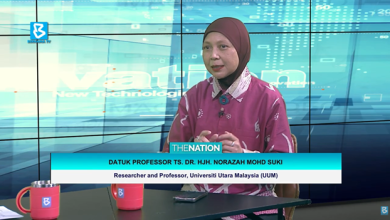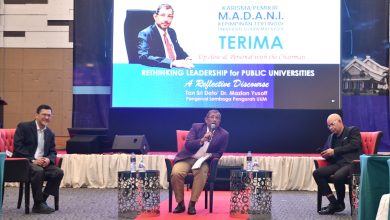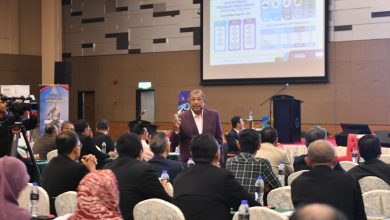ISDG Fosters a Prosperous and Harmonious Life
LANGKAWI, 3 February 2025: Islam is a religion that advocates balance in all aspects of life. In the context of development, Islam emphasizes that everything in this world is a trust from Allah SWT.
The Islamic Sustainable Development Goals Langkawi International Conference 2025, which began yesterday, offers a comprehensive perspective on sustainable development.
This conference aims to strengthen the contribution of Islamic thought towards sustainable development while gathering strategic insights from Islamic leaders on global issues. In addition, it supports the national higher education agenda and contributes to positioning Malaysia as a hub for intellectual and scholarly tourism.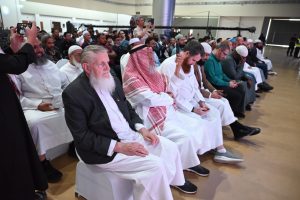
This conference facilitates in-depth discussions on sustainable development from an Islamic perspective, reinforcing Malaysia’s role as a leading centre for progressive Islamic thought on a global scale.
Islam emphasizes not only material aspects, but also gives significant attention to the spiritual, social, and moral well-being of humanity.
Muslims are encouraged to engage actively in societal development by adhering to Islamic teachings that emphasise the importance of maintaining a balance between worldly pursuits and spiritual development.
Through acts of worship, zakat, alms, and environmental protection, Muslims can play a significant role in advancing the Sustainable Development Goals (SDG), thus enhancing the quality of life for future generations.
Holistic development in accordance with Islam principles is characterised by an integrated approach that encompasses economic, social, environmental, and spiritual aspects.
SDGs represent a global initiative, aimed at addressing a range of critical issues, including poverty, hunger, health, education, gender equality, and access to clean water.
These goals encompass 17 targets that are to be accomplished by 2030. However, in the context of Islam, development is viewed not solely from a material perspective, but also in relations to the spiritual and moral advancement of humanity.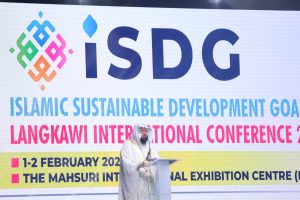
This seminar examines SDGs through an Islamic lens, addressing social, economic, and environmental aspects in accordance with the principles of Islamic teachings.
Islam teaches the obligation to help those in need. Zakat, alms, and infaq serve as key mechanisms within the Islamic economy aimed at alleviating the poverty gap.
Muslims are encouraged to extend support to those in need as a means to eliminate poverty.
The concept of sharing sustenance and nourishing the community is a widely recognised practice and exemplifies how Islam prioritises the well-being of humanity.
Islam also encourages its adherents to uphold their physical health as one of the trusts from Allah SWT.
Prophet Muhammad ﷺ stated:
“There is no individual more commendable than one who attends to their physical well-being, except for the individual who nurtures their spiritual health.”
In this regard, Islam encourages its adherents to uphold cleanliness, engage in healthy dietary practices, and live a balanced lifestyle.
In Islam, knowledge is regarded as one of the most important resources for human development.
Education serves as the key to the progress of a society and Islam encourages its adherents to consistently pursue knowledge and excel across various fields.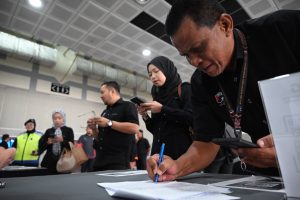
Islam places significant emphasis on the environment and the issue of climate change.
In Surah Al-A’raf, verse 31, it is stated by Allah:
“And do not cause corruption on the earth after it has been set in order by Allah.”
Actions that are destructive to the environment, including illegal logging and pollution, are contrary to the principles of Islam, which dictates that its adherents uphold the protection of the earth as a trust from Allah.
This holistic approach demonstrates that Islam defines true sustainable development as one that prioritises the well-being of both this world and the hereafter, in alignment with the teachings passed down by Prophet Muhammad ﷺ.


